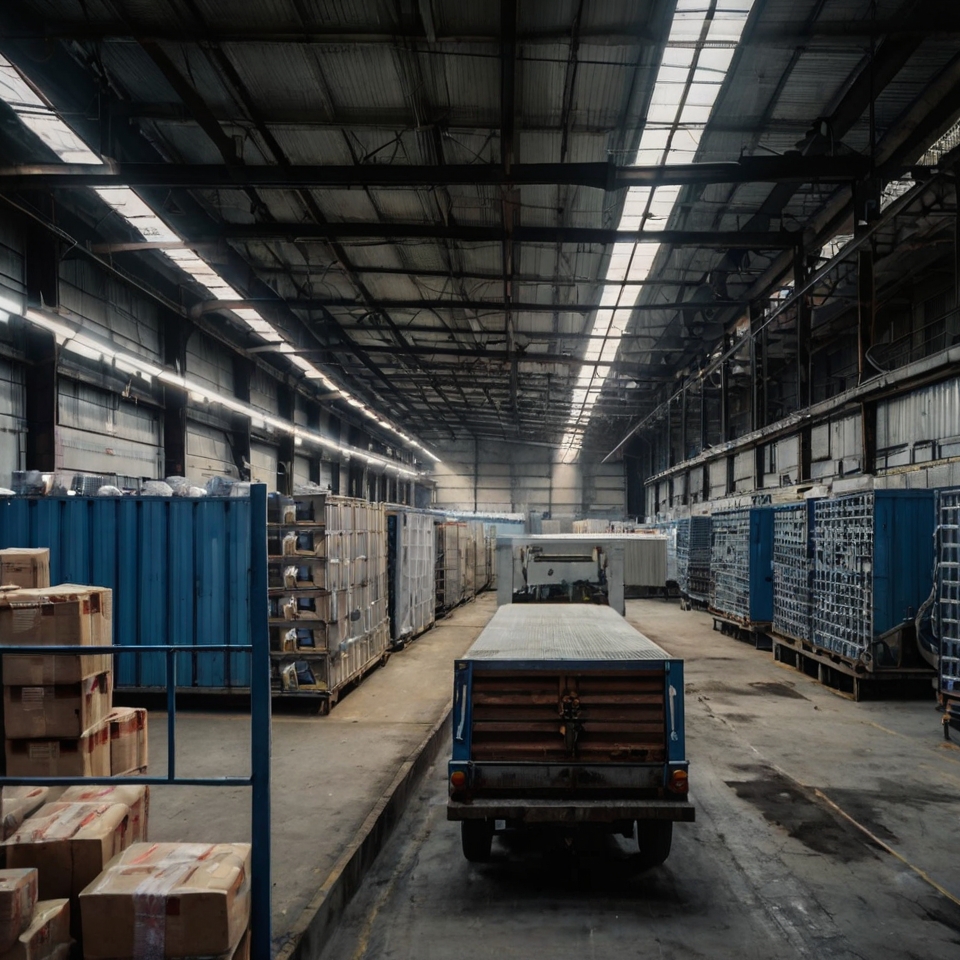The Indonesia cold storage market is forecasted to witness robust growth by 2031, driven by increasing demand for perishable goods and advancements in cold chain technology. From the food and beverage sector to pharmaceuticals, a variety of industries are contributing to the expansion of cold storage needs as businesses aim to meet evolving consumer expectations for fresh and safe products.
Growth in E-commerce and Food Delivery
The rise of e-commerce and food delivery services in Indonesia has spurred the need for an efficient cold storage network. With consumers increasingly turning to online shopping for groceries and meal delivery, ensuring timely and safe delivery of fresh and frozen items is crucial. This shift is encouraging companies to invest in cold storage to maintain the quality and safety of perishable goods during transit.
Rising Focus on Sustainable Practices
Sustainability is becoming a key consideration in the cold storage industry, with many companies exploring energy-efficient refrigeration systems and green building designs. Using natural refrigerants and renewable energy sources helps reduce the carbon footprint of cold storage facilities. This sustainable approach aligns with global environmental goals and appeals to environmentally conscious consumers.
Increased Investment in Rural Areas
To strengthen Indonesia’s food supply chain, there is a growing focus on expanding cold storage facilities in rural and remote areas. This expansion helps farmers and food producers reduce waste by ensuring their products reach markets in fresh condition. Increased access to cold storage facilities enables agricultural producers to store their harvest for longer periods, allowing them to avoid market fluctuations and sell at better prices.
Technological Integration and Smart Warehousing
The integration of smart technology in cold storage facilities is set to become more common in Indonesia by 2031. Smart warehousing technologies, including temperature monitoring and predictive maintenance, are improving efficiency and reducing energy costs. These innovations are particularly relevant in the pharmaceutical sector, where maintaining precise storage conditions is essential for the quality and efficacy of medicines and vaccines.
Anticipated Challenges
Despite its promising outlook, the Indonesia cold storage market faces challenges such as high energy costs and regulatory compliance requirements. Cold storage facilities are energy-intensive, and rising electricity costs could impact operational expenses. Moreover, adherence to strict food safety and pharmaceutical regulations necessitates continuous monitoring and maintenance, which can be a costly affair.
Conclusion
The outlook for the Indonesia cold storage market up to 2031 appears promising, with multiple industries driving demand. The market’s future growth will rely on technological advancements, expansion into rural areas, and a focus on sustainable practices. As the market evolves, companies that prioritize energy efficiency, regulatory compliance, and modernized logistics are likely to secure a strong position in Indonesia’s expanding cold storage sector.
